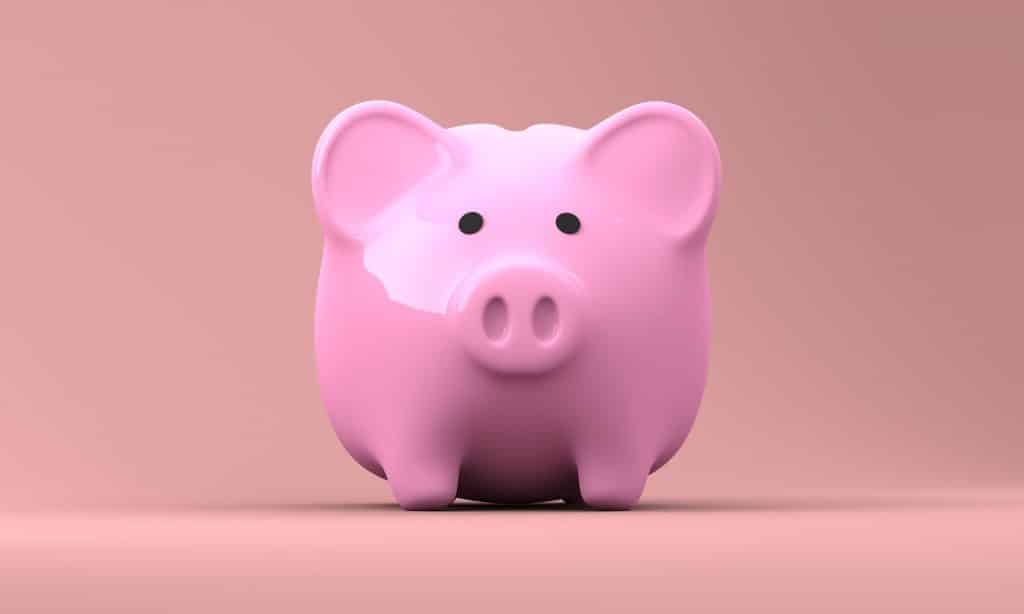
You’re looking to buy a new home and you understand the importance of a credit score, but you’re not completely sure what it is f. Credit refers to your ability to borrow money and can be considered your “reputation” in the lending world. According to CBC, 31% of Canadians don’t know how to attain a good credit rating and more than half have never checked their current score. Good credit history is essential in many large life events, such as renting an apartment, purchasing a car, or getting a mortgage, and is crucial to your overall financial health.
Check Your Credit Score
If you develop bad credit, banks and other financial institutions will view you as a risk. You may be wondering if there is a way to know your credit rating in advance. There are two types of credit checks:
- A Soft Credit Check. This is when a credit check is made as part of a background check or personal inquiry and will not impact your overall credit score.
- A Hard Credit Check. This occurs when a prospective lender makes an official request to view your credit in an effort to decide if they should lend to you. Hard credit checks can result in a decreased credit rating by five to ten points, significantly impacting your current score.
Credit scores generally range from 300-900, with a score closer to 900 reflecting excellent credit.
Credit Utilization Ratio
A credit utilization ratio is calculated by comparing your credit card balance to the total limit and is considered to be an important factor in determining your credit score. A high score indicates that you are using a large portion of the credit available to you. Ideal credit utilization ratios are generally less than 30%. If you have multiple cards, you can easily avoid a utilization score greater than 30% by tracking how much you are charging each card. When you begin to approach the 30% utilization mark, make a payment.
Not All Debt is Bad
Many people seek to remove debt balances from their credit report, but it isn’t always in your best interests to do so. Good debt—debt you’ve handled effectively—can actually be beneficial to your credit score because it shows lenders that you have a record of being trustworthy. If you’re in the unfortunate circumstance of having poor debt included in your credit score, focus your efforts on maintaining a good credit history from now on, since bad debt is removed after seven years.
Maintain A Good Payment History
We cannot stress how important it is to pay your bills on time. Showing a lending institution that you make consistent and punctual payments reinforces that you are worthy of taking on more financial responsibility. When making payments, strive to always make it t in full. If you are unable to pay a bill, try to make the minimum payment and let your lender know ahead of time. By paying your bills in full, you avoid the interest rates you accumulate everyday past the statement due date and are able to maintain a good credit score.
Use Different Types of Credit
If you’re looking to build good credit, consider diversifying the types of credit you use. Different types of credit include:
- credit cards
- lines of credit
- car payments
- mortgages
By using different types of credit, you are able to show lenders that you are continuously reliable in different circumstances. That being said, we advise you to not take on more than you can handle because diversified credit is only beneficial if you have a positive payment history.
When you maintain a positive credit score, you’re investing in your future. Unbeatable Mortgages can help you make that investment go farther. Inquire about the mortgages you qualify for with our mortgage specialists today by calling us at 403-875-2969.